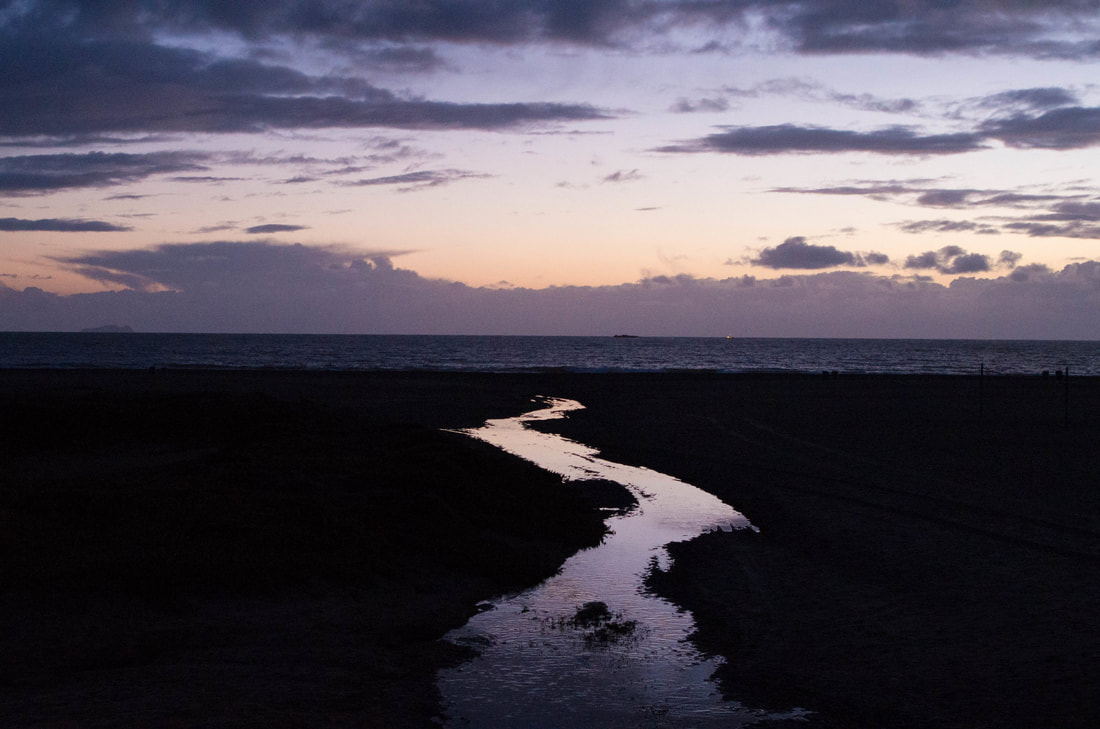|
7/30/2022 He and I by Petros Isaakidis Et-Zeichen CC
He and I He had returned to settle. I had only returned to prepare for my next, longer leave. Behind him St Louis, suffering animals in the neurophysiology lab, a sad American-Polish fiancé, disillusionment. Behind me a dusty town between Kenya and Somalia, draught and famine, cynical aid-workers drinking gin n’ tonics in Nairobi, two malaria relapses, a heartbreak. We shared a city for two years, up in the North of Greece. High mountains, a lake, abandoned minarets and restored churches, serious winters and cool summers. The Balkans. Not the Mediterranean. He played the laouto. He knew how to sing. If I had to, I could do some clumsy back vocals, not entirely out of tune. Do you play any instruments, he asked when we first met, inviting me to his grandparents’ village. He smiled a smile that erased the crowd around us when I said no to instruments, yes to the village. I bet you know the lyrics of the songs I play, he said. How could he know? He spent his weekends at the village, unless on-duty at the State Hospital. I changed all my shifts at the University Hospital so I could join him at the Village. Kato Pedina. Nothing to see. Nothing to do. An ancient tomb, some 13th, 14th, 16th century ruins, all invisible. Forty-one inhabitants, shepherds and farmers, aged, abandoned, introverted. He was restoring, with his own hands and the help of Gaz - an Albanian stonemason - his grandfather’s house. An austere, two-story building with crumbling schist walls and a slate roof that looked immaculate. I could do very few things with my own hands. He could live on bread, cheese and olives, almonds and dried figs. I loved eating at bars and lakeside tavernas. At the village, it was only cheese and bread and wine. On Sundays it was Dimitra’s cheese and spinach and leek pies, her family’s leftovers. She and her two children, a boy of seven and a girl of thirteen, were his only other guests. The girl totally enamored with him. She did not know how to feel about me. He did not mind being called Dr Ayis. I abhorred Dr Petros. He used to greet me with the most irrelevant Greek-Italian honorifics; mastro-, captan-, barba. Words that people, decades or centuries ago were using for craftsmen, seamen, elders. How one could be so annoyingly and endearingly anachronistic? He taught me how to mix water with riversand and cement. How to, using my bare palms and fingers, fill the gaps between the schists of the inner walls. Some winter days I would boil the water before mixing; the mortar would only momentarily stay warm but it was enough to make me happy. I taught him how to make jam, only because I was feeling sorry for the prolific mulberry tree in the front garden and because it was so simple; 1:1, fruit to sugar, a few drops of lemon, some lavender leaves. Every night he would play his laouto and I would sit on the uncomfortable couch or the hardwood table next to him and I would write short stories and disjointed dialogues that I would then read aloud. He played some of the most melancholic songs I know, lullabies by Manos Hatzidakis, ballads by Simon and Garfunkel. He loved most of all, the old songs of Epirus, the land of his grandparents, the land we were standing on- a masculine music, elementary and primeval, monotonous and at times displeasing. It was a music to be played with thunderous clarinets, piercing violins and loud drums - with the laouto only accompanying. It was a music to be danced. But with his solitary laouto and soft voice, those songs were rebuilt; tender and gentle and feminine. He was serious when he was playing. I was content. He was sleeping in the large, always chilly, master bedroom; I was sleeping in the smaller “winter room”. It had a large fireplace and it was cool and musty in the summer. When it was too cold, he would slide under my blankets, holding me tight, I could feel his frozen toes and fingers. He would immediately fall asleep. I would stay up all night, terrified and excited, euphoric and relieved that I did not have a hard-on to hide. He was slim and I was stocky. He bathed naked in the back yard; I hosed myself in the front garden under the mulberry tree, some days naked, some days wearing briefs. We would skinny dip in the icy, turquoise waters of Voidomatis river. He was truly happy then. I was truly happy too. He was so alive. I was so alive. I still am. I, the nomad, left first. I was supposed to. He was supposed to stay. But he left too. He got married and fathered three children and they all moved to Thessaloniki. Big cities are cruel - he called me and I could feel he was suffocating- but the children have friends. I remembered Dimitra’s children but I said nothing. He is buried in Kato Pedina. I visited him two years ago. A fading photo with him playing his laouto, singing with no sound. He fell from the roof of the new house he was building, his sister called me crying from the ICU. What new house? I shouted at her. He had a house. Petros Isaakidis is a writer, a nomad, and a medical epidemiologist. He is prolific in scientific writing while frugal in creative writing. He is currently enrolled in the University of Cape Town’s MA in Creative Writing program. Comments are closed.
|
AuthorWrite something about yourself. No need to be fancy, just an overview. Archives
April 2024
Categories |

 RSS Feed
RSS Feed
